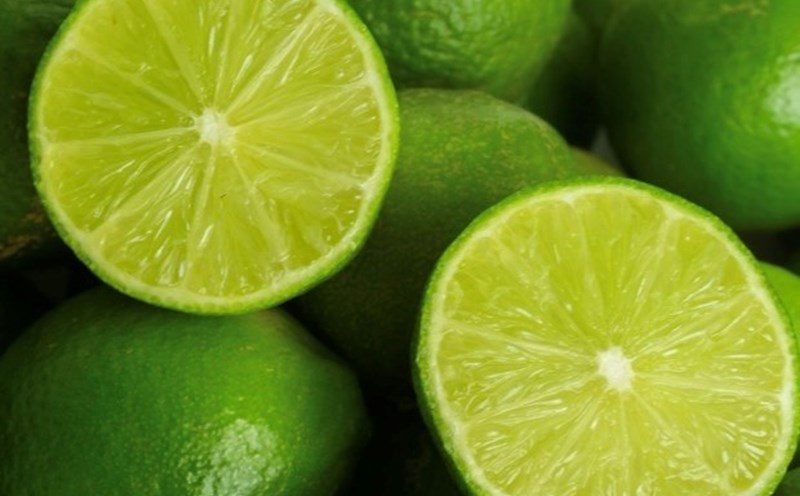Seaweed is a nutritious seafood, containing protein, vitamins and minerals such as zinc, copper, selenium, omega-3. However, for people with kidney failure, especially chronic kidney disease, eating sea crab should be limited, because many ingredients in this food can aggravate the condition.
When kidney filtering function is impaired, the body has difficulty eliminating excess substances such as sodium, potassium, phosphorus and protein-based metabolites.
First, sea crab is quite high in sodium and cholesterol. A 100g portion of sea crab can contain 250350 mg of sodium and up to 5070 mg of cholesterol. For people with kidney failure, excess sodium will cause water retention, increase blood pressure and increase the risk of edema or heart failure - common complications in chronic kidney disease.
Second, sea crab is rich in protein, which when metabolized will create products such as urea, creatinine - products that require the kidneys to excrete. Consuming more protein while kidney cell filtering function is impaired will cause the accumulation of toxins in the blood, accelerating the progression of kidney failure.
Third, sea crab contains a relatively high amount of phosphorus and potassium, especially in the crab brick section. When the kidneys are no longer able to effectively excrete phosphorus and potassium, their levels in the blood will increase, leading to the risk of osteoporosis, itching, calcifications of blood vessels or arrhythmia (due to increased potassium in the blood).
Although sea crab is a nutritious food, for people with kidney failure, factors such as sodium, protein, phosphorus and potassium make it a potential risk if not controlled.
Respected health organizations recommend that people with sea crab should limit or eliminate from their diet, to protect kidney function and prevent dangerous complications.











